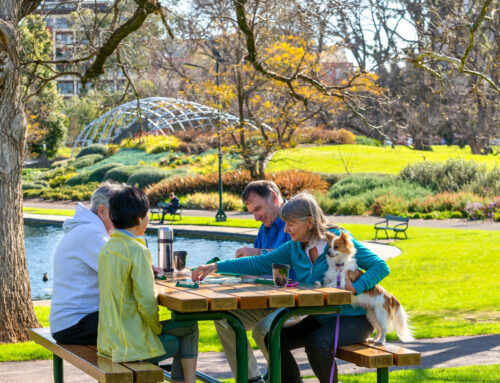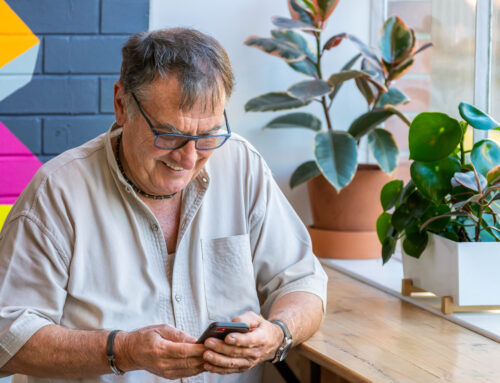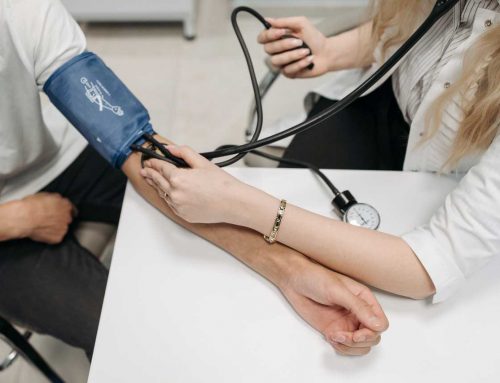The Plug-in helped Adelaide University Judo Club (AUJC) to gain insights from older people about a potential new judo-based exercise program designed to prevent falls and teach people living independently how to fall safely.
We worked with AUJC to design and conduct a focus group for 12 consumers aged 50–80 years, across a range of income levels and living independently in Metropolitan Adelaide — these consumers were drawn from COTA SA’s The Plug-in community of influencers.
Focus group participants proved to be very passionate about discussing the topics of exercise, activity and falls and agreed that the issues were important for people to address as they age.
Employing an exploratory approach, the focus group engaged participants in discussions about behaviour and attitudes towards exercise and physical activity; judo principles and the proposed program (which included a demonstration of key judo exercises); and input to the program content and specifics.
The learnings were as valuable as they were broad. While older people view exercise and activity as essential to maintain a lifestyle, live independently and on one’s own terms, they also regard falling as a main trigger to a decline in health and wellbeing — fall prevention is therefore important to maintaining lifestyle.
They also perceive personal enjoyment, social interaction and supporting mental health as other benefits of exercise and physical activity, and all enjoyed informal exercise and activity that is free to undertake independently (eg going for a walk) while some also considered incorporating a formal activity into their weekly schedule (eg participating in a paid fitness class).
While the specific judo-based program concept was well-received, we learned that improving the understanding of the nature of judo was going to be critical to create positive perceptions of judo as not simply combative, complex and highly physical but inclusive and accessible to a broader audience. As participants felt the judo-based exercises weren’t accessible by everyone due to physical and cognitive limitations, it was deemed important to learn these skills before any decline in capability occurred.
Participants were also forthcoming with suggestions and input for a potential judo-based program. They suggested that any program should be convenient and accessible in terms of location, timing and cost as well as being short term.
A critical benefit of the program that should be clear to potential participants in that it is a way to ‘future-proof’ against falls and build ability to ‘fall well’.
Armed with valuable insights, AUJC piloted a ten week Dynamic Balance for Life program designed to help people aged 50 and improve their core strength and balance to minimise harm from falling.
As the insights from the test group were carefully considered, the pilot program proved to be a success and will continue to be delivered into the foreseeable future.
We thank everyone for their participation in this important research project, and for so willingly sharing their feedback and insights that has led to a successful program being implemented by AUJC..
Participation in this project was voluntary . Personal information is not used or shared without your express consent — you can read more about our privacy policy on our website.
For further information please contact The Plug-in on (08) 8224 5526 or email connect@theplugin.com.au





